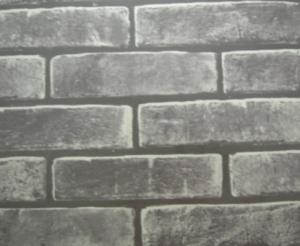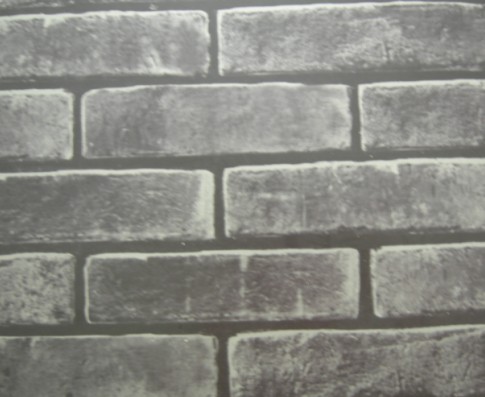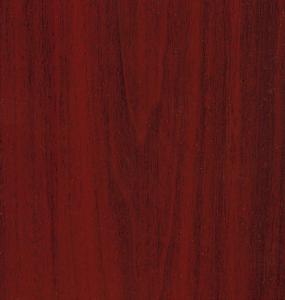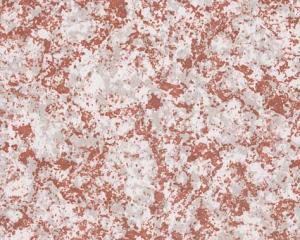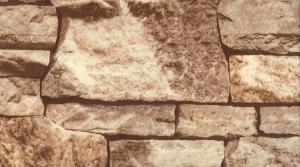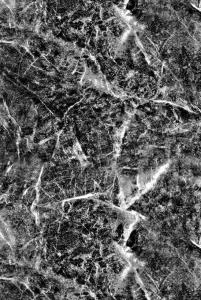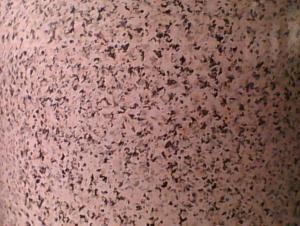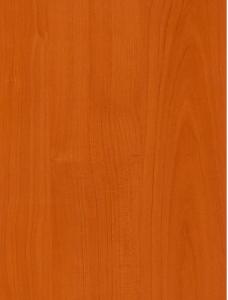Pre-painted Galvanized Steel Coil-EN10169-STONE 4
- Loading Port:
- Shanghai
- Payment Terms:
- TT or LC
- Min Order Qty:
- -
- Supply Capability:
- 2000 Mt m.t./month
OKorder Service Pledge
OKorder Financial Service
You Might Also Like
Pre-painted Galvanized Steel Coils/ PPGI/GI
I Specifications:
1.Thickness:0.16-2.0mm
2.Width:600-1500mm
3.Material: SGCC,SGCD,SECC,SECD,DX51D+Z
4.Zinc coating:40-275G/M2
5.Surface Structure: galvanized ,zero spangle, regular spangle or normal spangle
6.Surface treatment: chromated and oiled, chromated and non-oiled
7.Color:all RAL series
II Main characteristics :
1.strong corrosion resistance
2.surface quality
3.conducive to deep processing,such as the embossed PPGI,printed PPGI&punching PPGI
4.economy and practicality
III Applications:
Household Appliance:
1.Refrigerator shutter &side panels, Washer, Freezers, Air conditions,
2.Rice Cooker, Microwave Ovens, Water Heaters, Sterilization Cabinets, Range Hoods
3.Computer Panels , DVD/DVB panels, TV back panel etc.
Teaching Board: whiteboard, blackboard, green board(chalk board).
Indoor Decoration: Fireproof Door, kitchen cabinet, wall decoration.
Shipping Industries: Ship, Fecht, Marine.
Elevator/Medical Equipment/Rubbish Bin.
Thickness:0.17mm-0.8mm
Width:600mm-1250mm
Prepainted Galvanized Steel Coil
- Q: How are steel coils tested for mechanical properties?
- Steel coils are tested for mechanical properties through various methods, including tensile testing, hardness testing, and impact testing. Tensile testing involves subjecting a small sample of the steel coil to a controlled force, measuring the amount of force required to deform or break the material. Hardness testing determines the resistance of the steel to indentation or scratching, providing insights into its strength and durability. Impact testing assesses the ability of the steel to withstand sudden loads or shocks by striking a sample with a pendulum and measuring the energy absorbed during fracture. These tests help evaluate the quality and suitability of steel coils for specific applications.
- Q: I want to build an indoor riding arena, should I go for Steel ones.
- Though okorder /.. You can also have a look!!
- Q: im playing fallout 3 on ps3 and im at project purity. i keep dying and i heard about broken steel how or what is that plz help me out thnx.
- There is no way to survive that bit, you always die. That's why you save just before you do that quest, leave, do EVERYTHING ELSE there is to do, and then when you're finally sick of the game do it. Anyway Broken Steel is a DLC pack for Fallout 3 that makes you survive that. It ups the level cap, continues the game, adds new missions and weapons and adds tougher monsters to fight. It's one of the best DLC for the game IMO. I'm not sure if it's released yet for the PS3 version, but it will be out soon if it isn't. Check the Playstation store from the PS3 main menu.
- Q: How do steel coils withstand extreme temperatures?
- The unique composition and manufacturing process of steel coils enable them to endure extreme temperatures. Steel, the primary material in coils, consists of iron and carbon, forming an alloy with exceptional thermal properties. With a high melting point of up to 2,500 degrees Fahrenheit (1,370 degrees Celsius), steel remains structurally stable even in intense heat. Additionally, the annealing process is commonly applied to steel coils. This involves heating the steel to a specific temperature and gradually cooling it down. By relieving internal stresses, annealing enhances the steel's resistance to thermal expansion and contraction. It also reduces internal defects, thereby improving the overall strength and durability of the steel, enabling it to better withstand extreme temperatures. Furthermore, protective coatings are often applied to steel coils to provide additional resistance against temperature fluctuations. These coatings, such as galvanized or zinc coatings, act as a barrier between the steel and the external environment. They effectively prevent oxidation, corrosion, and other forms of degradation that can occur when exposed to extreme heat or cold. In conclusion, the ability of steel coils to withstand extreme temperatures can be attributed to the inherent properties of steel, the annealing process that relieves internal stresses, and the protective coatings that offer an extra layer of resistance. These factors work in harmony to ensure that steel coils maintain their structural stability and performance, even in the most challenging temperature conditions.
- Q: What are the common applications of pre-painted galvanized steel coils?
- Pre-painted galvanized steel coils have a wide range of common applications. They are commonly used in the construction industry for roofing, siding, and cladding applications due to their durability, corrosion resistance, and aesthetic appeal. These coils are also used in the automotive industry for manufacturing various parts and components. Additionally, pre-painted galvanized steel coils are utilized in the manufacturing of appliances, furniture, and storage systems.
- Q: What are the different methods of leveling steel coils?
- There are several different methods of leveling steel coils, including roller leveling, stretcher leveling, and tension leveling. Roller leveling involves passing the coil through a series of rollers to flatten it. Stretcher leveling uses a hydraulic stretcher to stretch the coil in order to remove any residual stresses. Tension leveling involves applying tension to the coil while passing it through a series of rollers, which helps to eliminate any waviness or unevenness.
- Q: What is the maximum length of a steel coil?
- The maximum length of a steel coil can vary depending on various factors such as the type of steel, manufacturing capabilities, and transportation logistics. However, in general, steel coils can be several hundred meters long, with some specialty coils exceeding a kilometer in length.
- Q: What are the common coil edge options?
- The common coil edge options include open coil, continuous coil, offset coil, and pocket coil.
- Q: Are steel coils used in shipbuilding?
- Yes, steel coils are commonly used in shipbuilding. They are primarily used to manufacture various structural components and hull sections of ships due to their strength, durability, and resistance to corrosion.
- Q: I'm trying to make a corset but I can't find any steel boning in my area. Any clue as to what materials I could buy to to make my own bones, or anything that would work similarly?I know there are places to buy it online, but the cost of shipping makes it barely seem worth it.
- Don't try it. For two main reasons: 1. Corset boning is not just strips of flat steel; it is made from coiled high tension spring steel with clever metal ends to prevent tearing any fabric that comes into contact. You could try strips of hard wood such as teak, ash, oak. The risk is that the st rips will break when they bend around your corseted figure. Then they'll be dangerous and could puncture your skin. 2. Corset bones are there in the corset to support the fabric; not to exert any pressure on you for figure reduction. It is the cut of the fabric that produces the shape, but bones stop the fabric from crinkling, or gathering into your waist as the tension is applied. That is why commercial bones are specially made to be fairly lightweight, flexible in the right directions for your figure, and will not rust or otherwise deteriorate with wear or careful cleaning. So go for easiest you can get from the Net. That's my advice. OK?
Send your message to us
Pre-painted Galvanized Steel Coil-EN10169-STONE 4
- Loading Port:
- Shanghai
- Payment Terms:
- TT or LC
- Min Order Qty:
- -
- Supply Capability:
- 2000 Mt m.t./month
OKorder Service Pledge
OKorder Financial Service
Similar products
Hot products
Hot Searches
Related keywords
